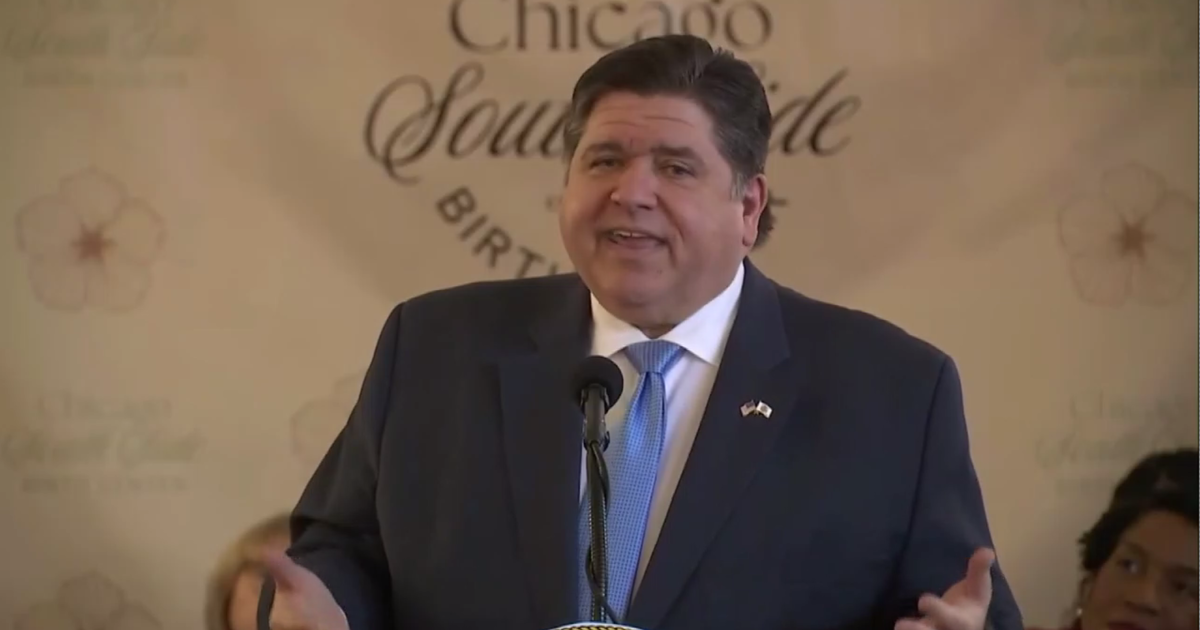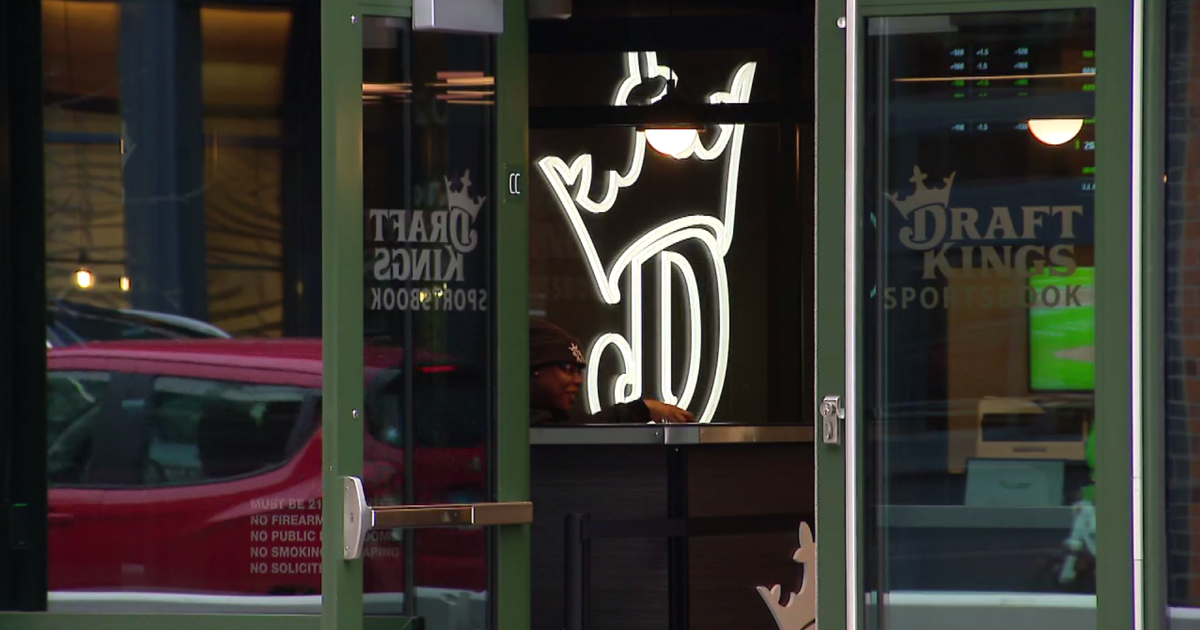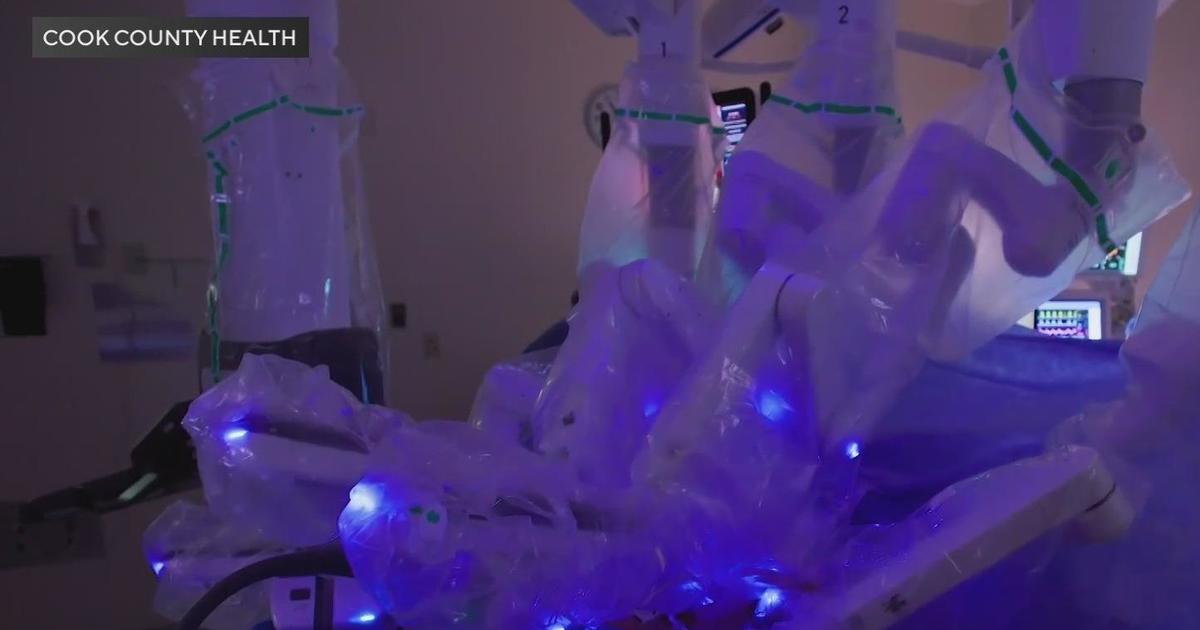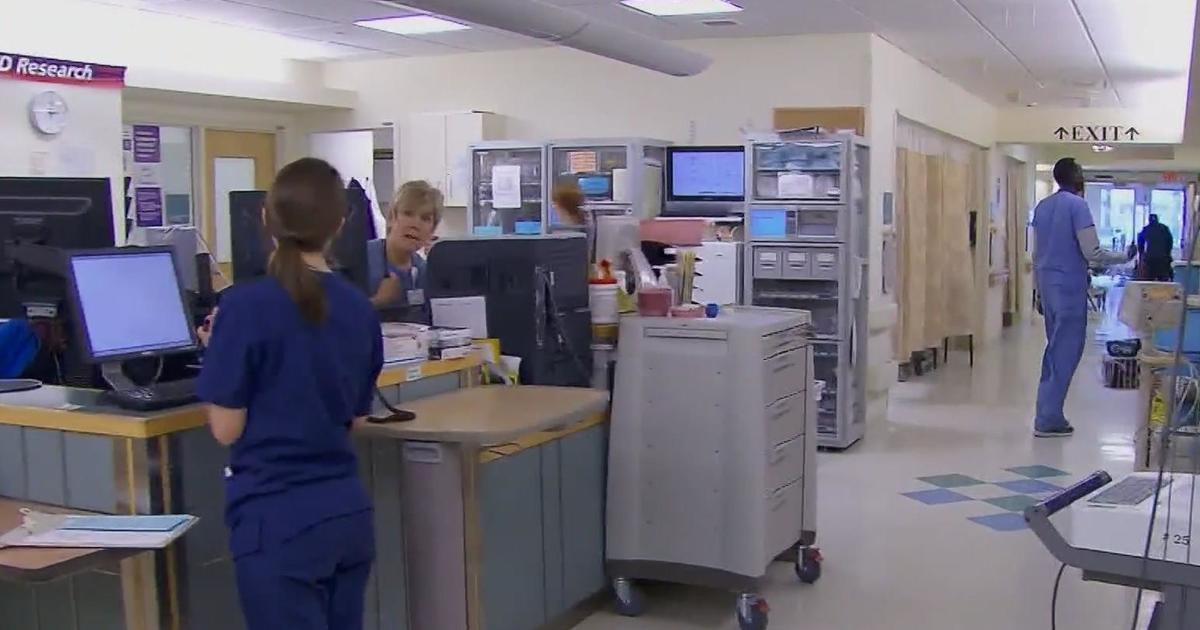Illinois Receives First Shipment Of Remdesivir For Fight Against COVID-19; Virus Peak Now Forecast To Last Into Mid-June
CHICAGO (CBS) -- The federal government has sent Illinois public health officials the state's first shipment of remdesivir, a medication that recently received FDA authorization for emergency use in treating COVID-19 cases.
Gov. JB Pritzker also said Monday that new models project the state's peak of virus cases could continue through mid-June.
Illinois Department of Public Health Director Dr. Ngozi Ezike said the state received 140 cases of remdesivir on Saturday, and shipped the medication to 14 hospitals. She said the state focused on sending the cases to hospitals with the most critically ill patients, safety net hospitals that provide care to the uninsured, and hospitals that treat large numbers of minorities who have had a disproportionate number of infections and deaths.
Each case of remdesivir contains enough medication to treat approximately five patients, depending on whether they are on a 5-day or 10-day treatment plan, according to Ezike.
Illinois is expecting additional remdesivir shipments in the future.
In the past 24 hours, Illinois has had 1,226 new confirmed cases of the novel coronavirus, including 54 additional deaths. As of Monday afternoon, Illinois has 79,0007 confirmed COVID-19 cases, including 3,459 deaths.
As of midnight Sunday night, there were 4,319 people hospitalized with the virus in Illinois; including 1,248 in intensive care, and 730 on ventilators, according to Ezike.
"We must continue to do all of the things that we've said here hundreds of times; stay home as much as possible, wear a face covering, keep six feet of distance between you and others, and wash your hands frequently. These are the steps that will continue to help us stay healthy and get us to the other side of this pandemic," she said.
Ezike, Pritzker, and the governor's top staff have started working from home, after one of his staffers at the Thompson Center tested positive for COVID-19 last week. The governor and the rest of his staff have tested negative, but will work from home until IDPH determines it's safe for them to return to the office, which is now being deep cleaned.
"I want to assure everyone that the governor's office is very much still in full operation, and all aspects of the executive branch will function as they have been," Pritzker said during a video conference Monday afternoon.
Pritzker said the state's peak of virus cases is now expected to continue as late as mid-June. Earlier projections expected the peak to end in late April or early May.
"In many ways, this news is disheartening," Pritzker said.
However, the governor said pushing back the peak is a natural consequence of flattening the curve of the virus outbreak, by slowing the spread of the disease over a longer period of time, to avoid overwhelming hospitals while researchers develop a treatment and vaccine.
"Pushing the peak down, and therefore to a longer timeframe might not sound like good news to some, but I promise it is saving lives," Pritzker said.
The governor has announced a five-phase regional approach to reopening the state's economy, and Pritzker said three of the four regions currently are on pace to move to Phase 3 by May 29, the earliest possible date for the next phase under his Restore Illinois plan.
Pritzker said all four regions are meeting the goals of declining hospitalizations from COVID-19, and maintaining surge capacity, and three of the four regions are on pace to maintain a COVID-19 positive test rate of 20% or lower for 14 days. However, the Northeast region -- which includes Cook, DuPage, Lake, Kane, McHenry, Will, Kendall, Grundy, and Kankakee counties -- currently has a 23% positive test rate. The governor said, if the Northeast region can get that rate down soon, it could still reach the goals for moving to Phase 3 by May 29.
Under Phase 3 of Restore Illinois, non-essential manufacturing and other non-essenstial businesses would be allowed to reopen under approved safety guidance from the Illinois Department of Public Health. Remote work, whenever possible, would still be encouraged.
[scribd id=460053602 key=key-tgjvrqoMnlbFhE0lBIKR mode=scroll]
Barber shops and salons would be allowed to reopen; and gyms and fitness clubs would be allowed to offer outdoor classes and one-on-one training; all with IDPH guidance. State parks also would be allowed to reopen, as would limited childcare and summer programs. Non-essential public gatherings of up to 10 people would be allowed, as opposed to the current limit of only essential gatherings of up to 10 people.
The governor is facing multiple lawsuits challenging his authority to continue enforcing his stay-at-home order after the first 30 days of his disaster declaration. However, he again warned that reopening the state completely at this point would only invite a new surge of virus cases.
"There are those who advocate removing all restrictions now, or at the end of this month, rather than taking the gradual course that our Restore Illinois plan does. If we were to lift all of our mitigations entirely at the end of the month, modeling shows us that there would be a new surge of COVID-19," he said. "Lifting all of our mitigation at the end of May would likely lead to a second wave of outbreak in each and every one of our four regions."



